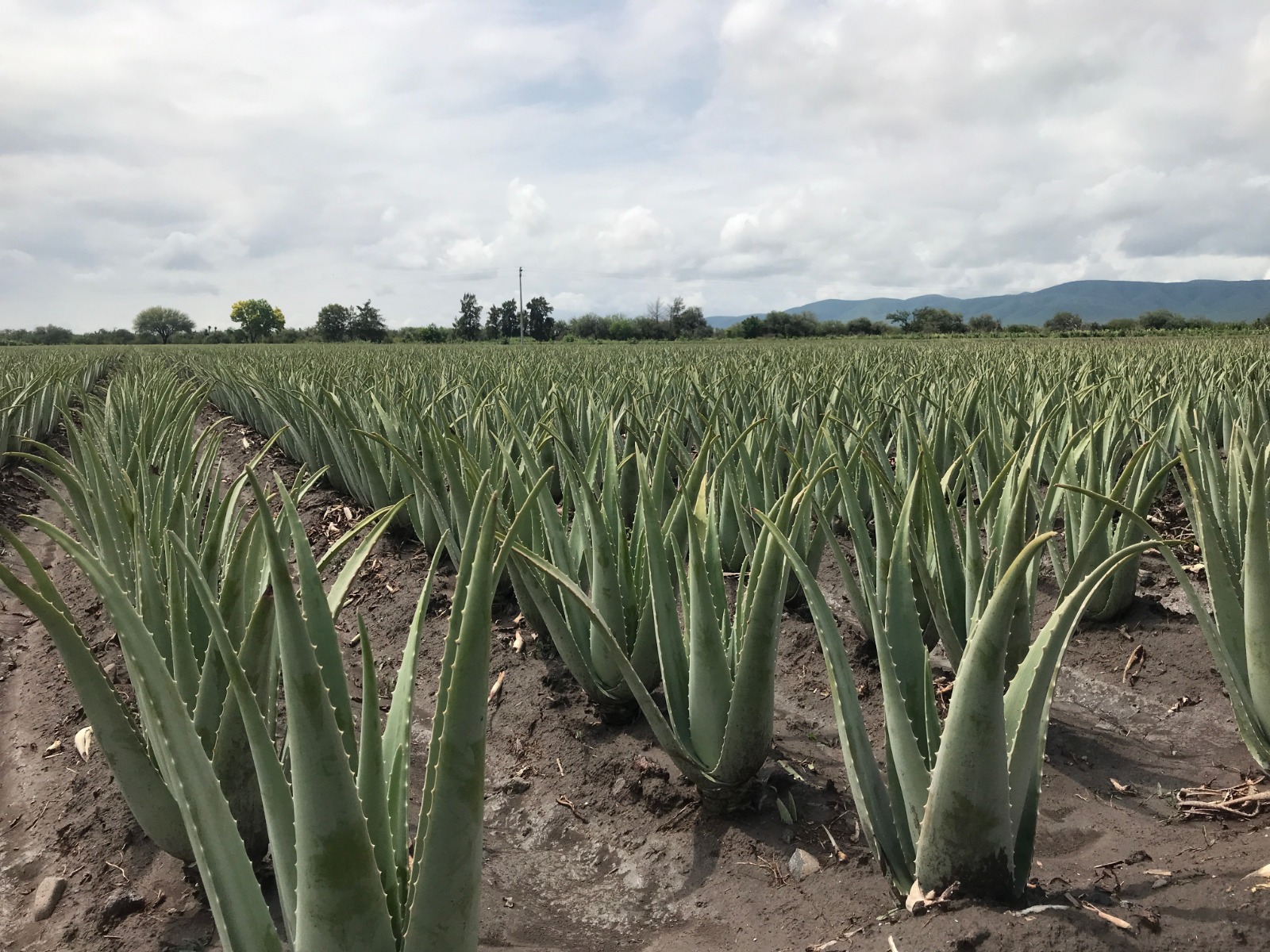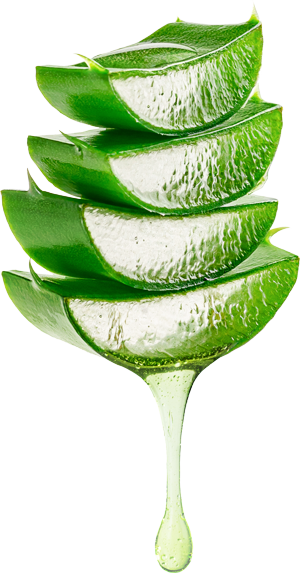The importance of Fair Trade

Fair Trade is an arrangement about ensuring that workers in a company’s supply chain are being treated and paid fairly where you guarantee that a product was traded in a more ethical way, which supports better working conditions, improves livelihoods, and protects the environment.
AMB Wellness purchases small and medium farmers, which has achieved economic stability not only for those investors but to the workers themselves to have a steady source of employment for themselves and their families. We employ local farmers and provide excellent working conditions.
Our Aloe Vera fields partners have taken great pride in building meaningful relationships with all of its employees and have always been most appreciative of the important role its employees play in our Aloe Vera Business. AMB Wellness and our Aloe Vera plantation partners are committed to continuing to provide the highest quality standards for anyone who works on the Aloe Vera used in our INNOVALOE raw materials.
Aloe Vera meets the objectives of sustainability since they involve the conservation and improvement of natural resources, producers receive a better income and to achieve better living conditions. Aloe Vera is cultivated commercially in a sustainable manner. Aloe Vera is typically grown without the use of pesticides as the botanical has so few natural predators.
AMB Wellness’s role in Fairtrade practices:
- AMB Wellness proves to commit to the ESR regulation (Equality, Solidarity, and Responsibility).
- AMB Wellness, besides operating under the guidelines of corporate responsibility, the company/organization plays a role in the development of Fair Trade industries: long-term associations and fair prices.
- AMB Wellness demonstrates a commitment to social responsibility: best ethical practices, policies of responsible supply, positive impact in the local community, positive impact in the environment, etc.
Fairtrade is helping to deliver the Sustainable Development Goals. The overarching goal, to end poverty in all its forms everywhere, is central to Fairtrade. Our standards are an essential development tool that goes way beyond certification. We are the only global sustainability standard that is equally owned and managed by producers, for producers, while Fairtrade workers are protected by strong, transparent standards. We support women to set up their businesses and we train them to become entrepreneurs and community leaders.
Fair Trade Certification is a third-party certification process that sets standards for the way Aloe Vera is produced. The criteria are:
- Fair prices for farmers and decent working and living conditions for workers
- Direct trade with farmers, bypassing middlemen
- Free association of workers and co-ops, with structures for democratic decision-making
- Access to capital
- Sustainable agricultural practices including restricted use of agrochemicals
Fair Trade certified does not mean it’s also certified organic by default. Many Fair Trade certified products are organic. Some are certified, others are not, and others are not organic at all. Organic certification costs money, and some farmers choose to grow crops using organic agriculture, but choose to pay for Fair Trade certification over organic certification – and some choose both. One of the criteria is that farmers must commit to sustainable agriculture, and for many farmers, this means utilizing organic agricultural methods.
Fairtrade International develops and reviews the international Fairtrade Standards to which producers, exporters, and importers must comply, while locally-based FLO Liaison Officers assist producers in obtaining certification and developing market opportunities. Producer groups with Fairtrade certification are eligible to join associations known as producer networks, representing producers in Latin America and the Caribbean, Africa, and Asia.
Fairtrade International develops and reviews the international Fairtrade Standards to which producers, exporters, and importers must comply, while locally-based FLO Liaison Officers assist producers in obtaining certification and developing market opportunities. Producer groups with Fairtrade certification are eligible to join associations known as producer networks, representing producers in Latin America and the Caribbean, Africa, and Asia.
Share it on:
Latest News

Aloe Vera Nutraceuticals for Pets
Aloe Vera is an excellent natural option for this pet market, containing stabilized gel from the inner part of the Aloe leaf. It contains over 75 known active compounds in natural balance which helps maintain good health in animals as well as in people. Aloe has the effect of tonic; they support the immune system, healthy appetite, vitality, and energy in active animals, lessening their sensitivity to external irritants. Aloe Vera is an ideal supplement that maintains pets in top form.

Acetypol
The immune system is a series of biological processes within the body that protect against disease by identifying and killing pathogens. A major part of the immune system are the white blood cells, which form the first line of defense in the immune system by creating a “barrier” that hunts down and kills foreign particles in the body. A compromised immune system, especially drops in
white blood cell counts, can lead to infections and illness. Likewise, a “boost” to the immune system would indicate that the body was better suited to fight off infections and diseases naturally. Studies show Aloe increasing the number of white blood cells, the body can further support a healthy immune system.

Aloe Vera Dairy in Food Nutrition
Aloe Vera is a natural source of monosaccharides and polysaccharides. These substances have antiinflammatory, antibacterial, antiviral, anti-mycotic and immune-stimulating effects. All of these effects enhance digestion and bind numerous detrimental substances such as cholesterol and gall acid. Most important are the long-chain sugars (especially the polymannan sugars), which enter the intestinal wall undegraded and then have an immune regulating effect in the blood. Alternatively, they stick to the intestinal wall and therefore prevent undesired substances from entering the bloodstream.

